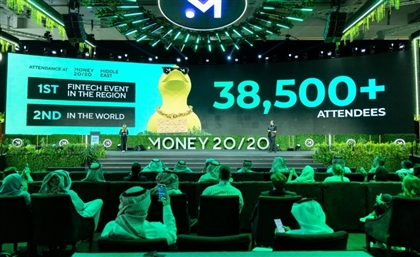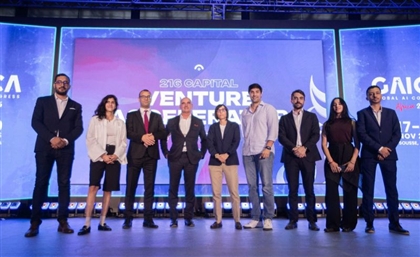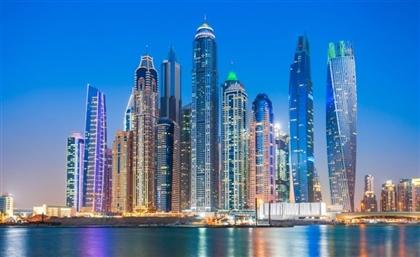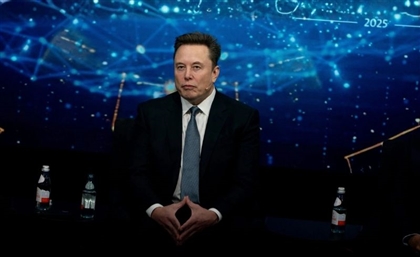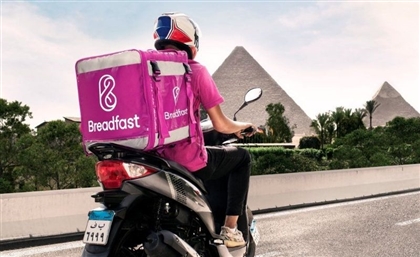From North To South, Angel Investors and VCs Voice Concerns At MAIN In El-Gouna
We speak to Cairo Angel’s chairman, Orascom Developments’ CEO and other stakeholders of the startup ecosystem about the region’s first big-scale summit focused on angel investment.
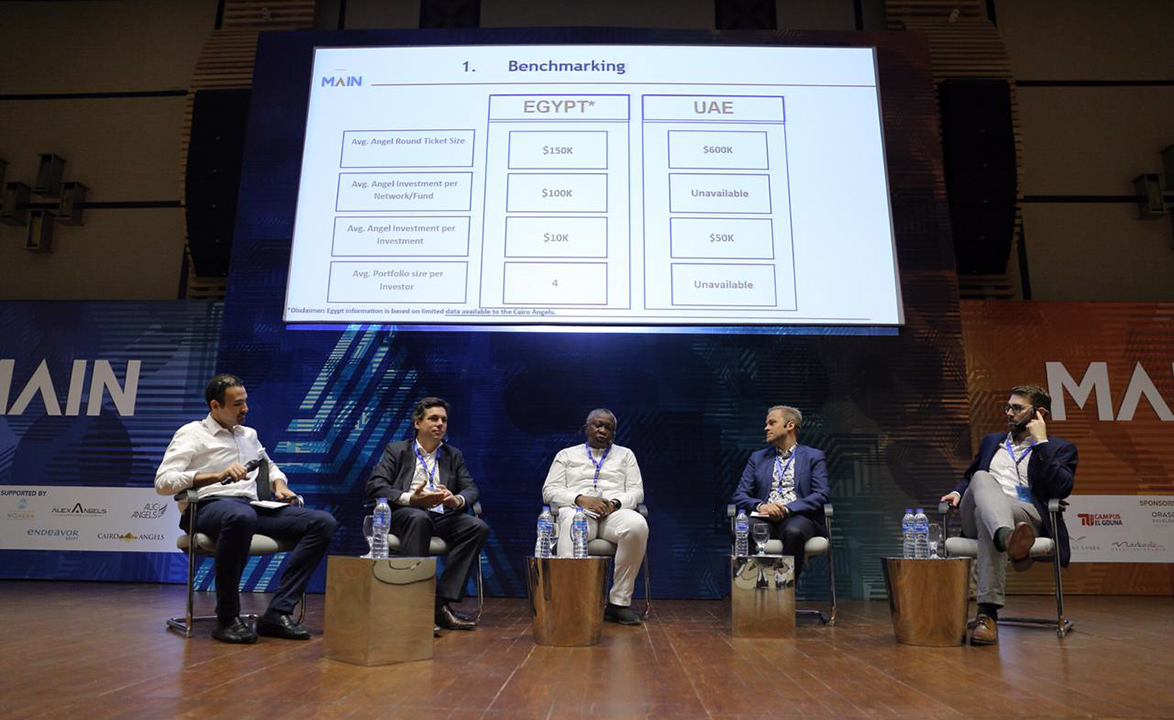
In the beginning of November, over a hundred key players in the scope of investments gathered under the roof of the Technical University of Berlin (TUB), El-Gouna Campus, for the region’s first summit focused on angel investment, MAIN Summit organised by Cairo Angels.
“MAIN has a vision to be a world-class organisation, that serves and promotes investments and startups throughout the MENA region,” Cairo Angels’ Chairman Ali El-Shalakany tells Startup Scene. “The summit is a critical part of bringing all these leading players together, in order to talk about what those problems are, and what are the possible solutions. We also need to provide training to create better angel investors, which means better angel investments, which means more success stories.”
For MAIN, Cairo Angels has four main objectives: syndication and co-investment on a more regional basis; training and exchange of knowhow; exchange of ideas with other parts of the world to be part of a global conversation; data-sharing.
Angel investors invest their own personal capital; which is made up of three different things: cash, connections, time, which is usually invested in terms of mentoring and advice to the startup. That’s what makes angel investing fundamentally different to the other asset classes, such as Venture Capitals and Private Equity. The first thing Angel Investors in the MENA region are missing according to the chairman is a smooth investment pipeline.
“For most tech startups, you don’t just get one round of investments, there’s actually several rounds of investments to fuel growth,” explains El-Shalakany. “Other non-tech business areas don’t require those amounts of rounds, sometimes they can take one investment and become profitable. Nowadays, I think that most of the investments are going towards technology.”
Positioning itself as a coastal town with a heart pounding with entrepreneurship, MAIN Summit is not out of place. “MAIN is here because El-Gouna is an entrepreneurial endeavor in itself,” Orascom Developments’ CEO Khaled Bichara tells Startup Scene. “It’s not a project, it’s not a compound of 20 villas, it’s a real town with 22,000 people living with a football team in the Egyptian premiere league, our own film festival, and our own squash tournaments. So, having the angel investors come here is a big plus for us to tell them let their companies come and build their business in El-Gouna.”
Other than the film festival and the squash tournaments, Orascom also owns the service providers such as the electricity and water company; so Bichara vows to connect young entrepreneurs with the relevant service providers under their own control. On stage, he told the audience that a deal that would take them ages in Cairo would take them possibly a few weeks in El-Gouna.
“El-Gouna is based on startups, so every restaurant you see around here, every small shop is a startup,” he says. “Since the beginning, we – Orascom – always made this conscious decision not to own startups, but to allow startups and entrepreneurs to launch them because they will be more focused and will therefore provide better services and they will be creative.”
In the beginning of 2018, TUB Campus El-Gouna started an entrepreneurial hub to support local startups and connect them to the relevant investors, mentors, and incubators. “MAIN is the second entrepreneurial event we host on campus, following Vested Summit last May,” TUB El-Gouna’s Campus Manager Caroline Kamel tells Startup Scene.
The two-day conference featured workshops, master classes, and sector-oriented panels. In a panel about investing in transport-tech startups, Careem’s Director of Category Management and Angel Investor Hadeer Shalaby spoke about her experience in the region’s first unicorn and speaks to us about what it’s like to be at both sides of the industry.

"It makes it a lot easier for you to judge which startups could potentially be successful or not."
“I was part of the transportation sector and I was jealous, I wanted to be part of different sectors,” Shalaby says. It makes her see the other side of the coin, guiding her directions sometimes. “Being an entrepreneur helped me a lot as an Angel Investor because it helped me relate,” she says. “You see the startups you want to invest in, and you can already more or less relate to whether they have the capabilities or the passion to do what you’ve done years ago. So, it makes it a lot easier for you to judge which startups could potentially be successful or not.”
As one of the founding members of MAIN, Dubai-based Womena made an appearance in the summit embodied in its accelerator manager Christina Andreassen who took part in a panel about women in the investment sector. “This is a great step for us to be able to see all these angels coming together, getting educated, getting savvy, learning the ropes of how to invest,” she tells Startup Scene. “It’s really encouraging for us to see how much the MENA investment community has matured over the years since we first started MAIN over four years ago.”

"As a VC, MAIN is a great opportunity for us to connect with angel investors."
MAIN’s narrowness makes it easier for those attending put their hands on some concise insights; this is what Endure Capital’s senior associate Menna Abdel Rahman – who moderated the panel on women in investments - thinks. “MAIN is a great opportunity for us to connect with angel investors and seed investors that have invested in companies that we would later on kind of put capital in or put capital alongside with,” she says.
Also taking part in the women in investments panel, Asmahan Zein, the president of the Lebanese League for Women in Business speaks to us about the ecosystem in Lebanon. “The group of women who joined this Lebanese Angel Fund that I co-founded are very patriotic,” she says. “They believe that we need to do something for Lebanon’s young women and we need to support them, open doors for them, because traditionally women are shy in getting investors; shy in tapping banks; to get the needed money; or to ask for finances. So, we need to change this culture.”

"Traditionally women are shy in getting investors; we need to change this culture."
As part of MAIN's third objective - being part of the global conversation - Cairo Angels invited a racially diverse bundle of investors and stakeholders of the worldwide startup ecosystem. "The Lagos startup ecosystem is an explosion," President of African Business Angel Network Tomi Davies tells Startup Scene. "In one week in September, three different Lagos startups raised over $30 million in funding. Lagos is vibrant; we have a lot of investors coming in because there’s a recognition that the startups in Lagos are creating solutions for Sub Saharan Africa that are viable and typically because Nigeria itself is a very large market with nearly 200 million people."

"The Lagos startup ecosystem is an explosion."
Another Angel Investor network present at MAIN was Claes Mikko, the Managing Director of Nordic Business Angel Network (NordicBAN). "NordicBAN is a coalition of 11 angel networks in the Nordic Baltic Area covered by 1,700 angel investors and the main focus is to inspire angel investors to share practices and focus on building this kind of cross-border angel investing," he tells Startup Scene. "So, we have a very tight active local angel networks in the north European area, but this is more of building kind of a cross-border investments and this is the main reason why I’m here today in Egypt."

"This is more of building kind of a cross-border investments and this is the main reason why I’m here today in Egypt."
All photos and video courtesy of #MO4Productions.
Photographer: Eslam Mohammed
Videographer: Ahmed Watany



